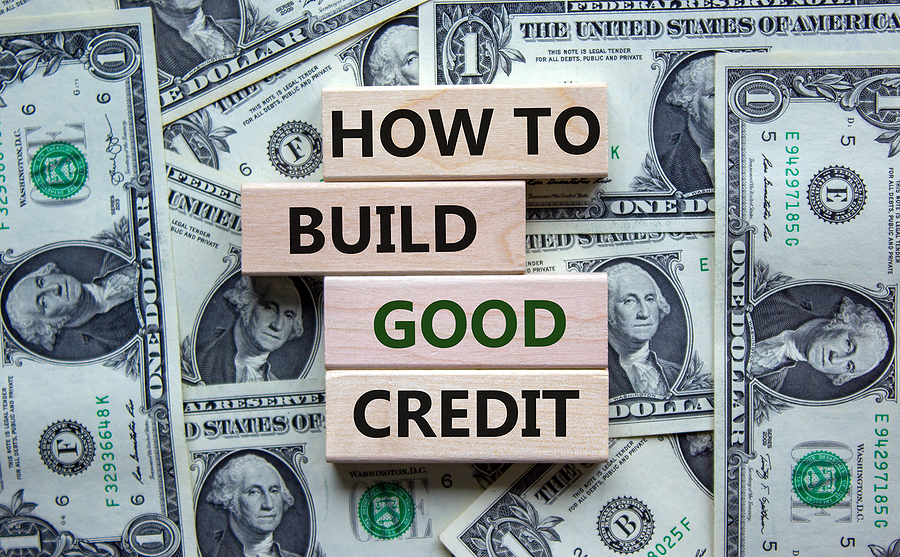How Should I Start to Tackle My Debt?

The NFCC often receives readers questions asking us what they should do in their money situation. We pick some to share that others could be asking themselves and hope to help many in sharing these answers. If you have a question, please ask an expert.
This week’s question: My current financial state gives me anxiety and I would really like to get it under control. I want to have financial freedom and peace of mind, but I don’t know where to begin. How should I start to tackle my debt?
It takes a lot of courage to reach out and ask these tough questions. Finances often cause people anxiety and can especially be stressful if you are not sure how to tackle your debt.
Take the First Step
Take a deep breath and rest assured that you are already taking steps toward financial freedom by actively looking for a solution. And, yes, it can feel disheartening to think that your only way out is to get a consolidation loan with a lower interest rate, but the system won’t allow you to do so. It’s frustrating. However, it’s not as bad as you think. Loan consolidations are not always the best option, especially if you have substantial debt.
Loan consolidations don’t eliminate your debt; they just move it around. And if you have a lot of debt, the only way to get a low enough monthly payment is to have an extended repayment period, which can ultimately result in paying more interest over the life of the loan.
Learn About Other Debt-Relief Options
I suggest you focus on other debt-relief options that really offer the solutions you need. For instance, you can contact each of your creditors and ask for an interest rate reduction or a payment plan. You can also attempt self-debt repayment strategies, like the snowball method. With the snowball method, you pay as much as possible on your smallest debt while making the minimum payment on your other cards. When you pay your smallest debt off, you roll over that money to the next smallest debt until you pay it off and so on. It may take some time, but you will see results as you tackle one small debt after the other.
Talk to a Trusted Nonprofit Agency
If you prefer not to handle your debt on your own, I recommend that you work with a financial counselor from a trusted nonprofit agency. Find NFCC Certified Financial Counselors near you It’s important that you work with counselors who genuinely have your best interest at heart because, more often than not, companies offering you solutions that seem too good to be true usually turn out to be scams. So, be aware.
When you work with a nonprofit counselor, you will benefit from holistic credit counseling. Your counselor will start by evaluating your overall financial situation, developing a budget, and helping you find the best way to become debt free. If you want the benefit of consolidating your payments in one, your counselor could recommend a Debt Management Plan (DMP). Similar to a loan consolidation, when you enroll on a DMP, you make one monthly payment to the agency managing your plan, and they pay your creditor. Additional benefits of a DMP include paying your debts in full, in less time, and usually with lower interest rates and monthly payments.
Working toward your goal of becoming debt-free can be difficult at first. But remember that you are not alone. Reach out to a counselor and get empowered to make the right decisions to tackle your debts and regain your peace of mind. Progress doesn’t happen overnight, be patient, and always move forward.



